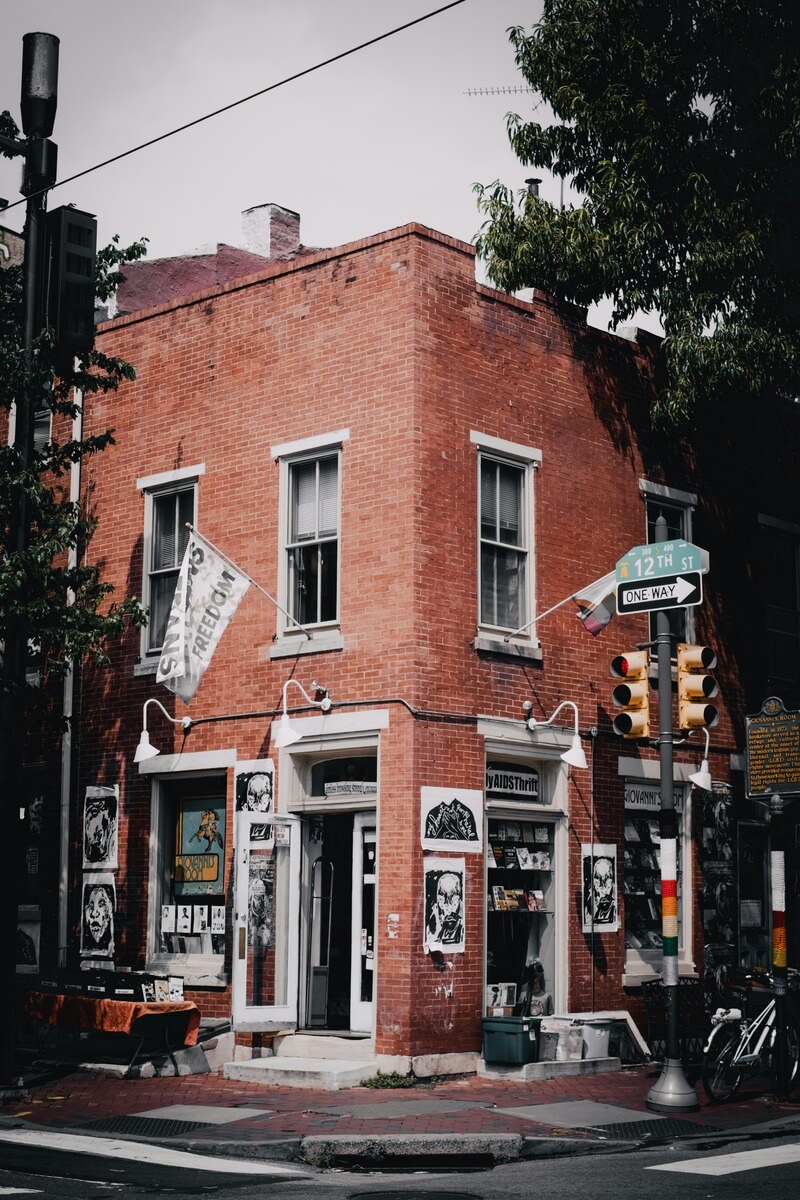Emergency Mold Remediation: What Businesses Need to Know
Learn what businesses need to know to protect their properties and ensure a safe environment.

In need of emergency mold remediation in Philadelphia, PA? Contact us today.
Mold growth in a commercial property can quickly become a serious problem, leading to health risks, structural damage, and business disruptions. When mold appears suddenly—whether due to flooding, plumbing failures, or high humidity—business owners need to act fast. Emergency mold remediation services help contain and eliminate mold before it spreads further, ensuring a safe and healthy environment for employees and customers.
Why Emergency Mold Remediation is Critical
1. Health Risks to Employees and Customers
Mold spores can cause respiratory issues, allergies, and other health problems. Exposure to toxic mold, such as black mold (Stachybotrys chartarum), can lead to more severe health complications, making immediate remediation essential.
2. Preventing Structural Damage
Mold can quickly weaken building materials such as drywall, wood, and insulation. If left untreated, the damage can become extensive, requiring costly repairs and renovations.
3. Minimizing Business Disruptions
A mold infestation can force businesses to shut down operations temporarily, leading to lost revenue and reputational damage. Quick remediation helps minimize downtime and allows businesses to resume normal operations faster.
Steps to Take in a Mold Emergency
1. Identify and Contain the Affected Area
- Close off the area to prevent mold spores from spreading.
- Shut down HVAC systems if mold is suspected in ventilation ducts.
- Restrict access to employees and customers until remediation is complete.
2. Address the Moisture Source
- Identify the cause of the mold, whether it’s a leak, flooding, or humidity issue.
- Repair any water damage immediately to prevent further mold growth.
- Use dehumidifiers and fans to reduce excess moisture in affected areas.
3. Contact a Professional Mold Remediation Service
- Certified mold remediation experts can assess the severity of the issue and implement industry-approved removal techniques.
- Professionals use specialized equipment such as HEPA filters, air scrubbers, and containment barriers to safely remove mold.
- They also provide post-remediation inspections to ensure complete mold removal.
4. Document the Damage for Insurance Claims
- Take photographs and keep records of the mold damage and remediation process.
- Notify your commercial property insurance provider as soon as possible to determine coverage for mold-related damage.
5. Conduct Post-Remediation Testing
- Air quality testing ensures that mold levels are safe after remediation.
- Professionals may recommend additional measures, such as improved ventilation or mold-resistant materials, to prevent future outbreaks.
How to Prevent Future Mold Emergencies
1. Routine Inspections and Maintenance
- Regularly check for leaks, condensation, and water damage.
- Inspect HVAC systems and plumbing for potential moisture issues.
2. Control Humidity Levels
- Maintain indoor humidity levels below 50% using dehumidifiers and ventilation.
- Ensure proper airflow in basements, kitchens, and bathrooms where moisture buildup is common.
3. Train Employees to Recognize Mold Risks
- Educate staff about early signs of mold and the importance of reporting water damage.
- Implement a mold response plan to take immediate action when mold is detected.
Conclusion
Emergency mold remediation is essential for protecting the health of employees and customers, preventing structural damage, and minimizing business disruptions. Acting quickly when mold is discovered can make the difference between a minor issue and a costly disaster. Business owners should work with certified mold remediation professionals to ensure thorough mold removal and take proactive steps to prevent future mold growth. If you suspect mold in your commercial property, don’t wait—seek professional remediation services immediately.
.jpg)
Top Shelf Mold Removal
Our goal is to treat Philadelphia homes at an affordable cost to make happier, healthier communities.
Get a free quote today.


